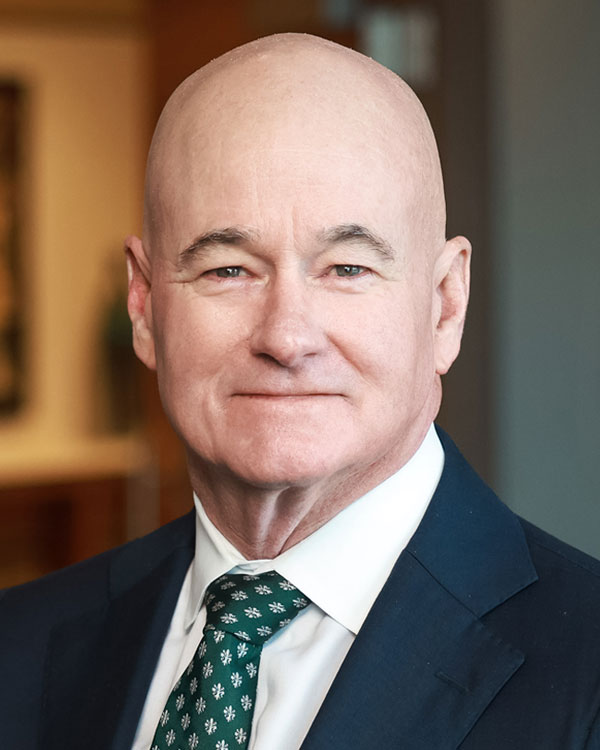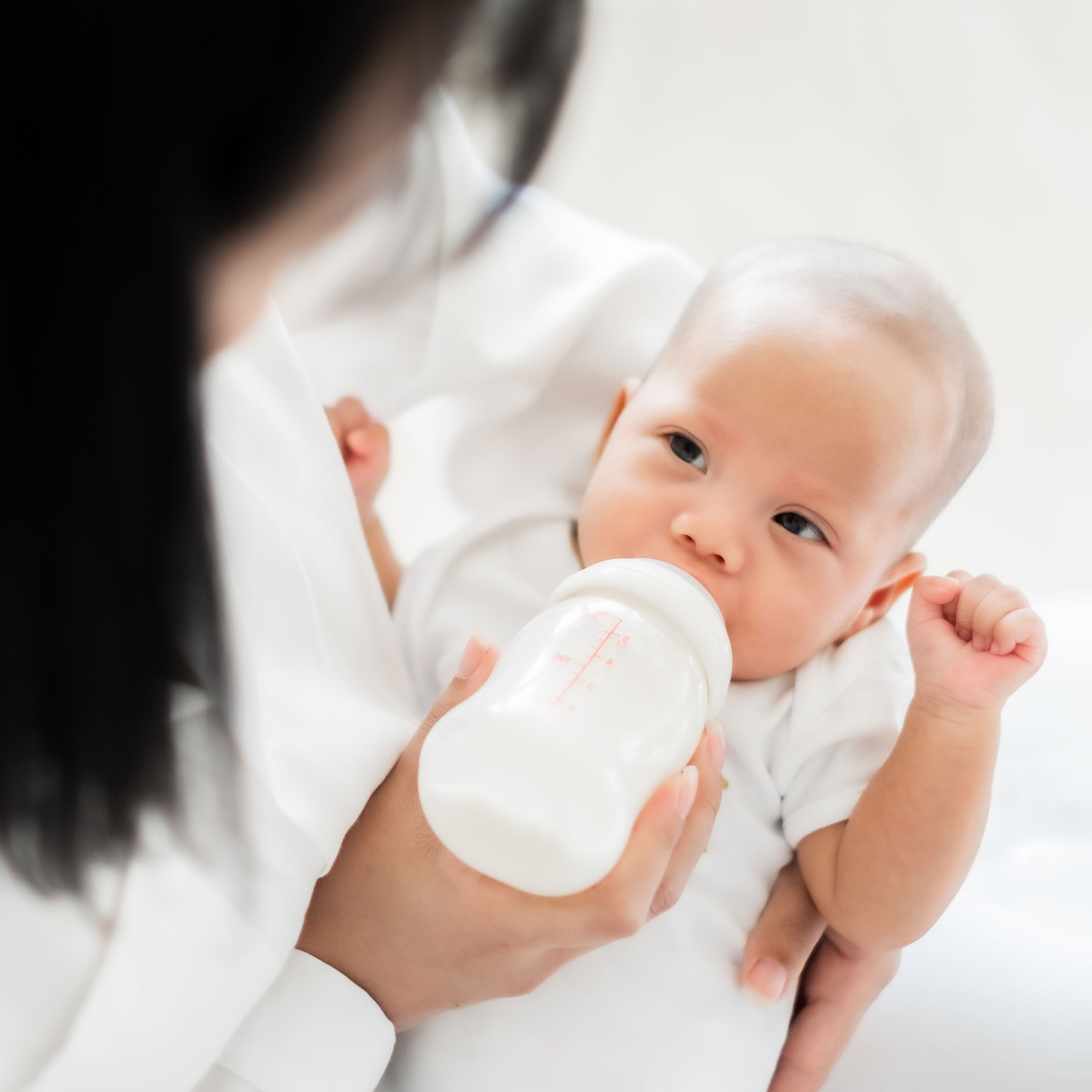Practice Area
Necrotizing Enterocolitis (NEC)
Practice Area
Necrotizing Enterocolitis (NEC)
Stranch, Jennings & Garvey attorneys understand the serious challenges and heartache families face when dealing with the dangerous effects of Necrotizing Enterocolitis (NEC). Our team is dedicated to providing expert and compassionate legal representation to families whose lives have been impacted by NEC, whether it be from the use of a particular infant formula or other causes.
According to the Cleveland Clinic, NEC is a serious gastrointestinal problem occurring mostly in premature babies. The condition causes intestinal tissue to die and can lead to a hole in the intestine. Bacteria leaking through the hole can cause serious abdominal infections. Some infants require surgery to remove the damaged intestine.
In July of 2024, our team secured a historic $495 million jury verdict in the first NEC case against Abbott Laboratories. The lawsuit asserted that, “despite scientific consensus that defendants’ cow’s milk-based products present a dire threat to the health and development of preterm infants, defendants have made no changes to their products or the products’ packaging, guidelines, instructions, or warnings. Instead, defendants have continued to sell their unreasonably dangerous products to unsuspecting parents and healthcare providers, generating huge profits as a result.”
While some infants experience mild cases of NEC, others face life-threatening symptoms. The condition usually develops within two to six weeks of birth. It typically affects babies who are born before the 37th week of pregnancy, fed through a tube in the stomach or weigh less than 5.5 pounds at birth. Babies weighing less than two pounds at birth are at the greatest risk. Nutrition, particularly formula made with bovine milk, may also cause NEC or worsen its effects on infants.
Do you believe a particular infant formula contributed to your child’s NEC? NEC has a variety of causes, including medical malpractice. Symptoms may come on suddenly or appear over a few days and may include:
- Abdominal pain and swelling
- Changes in heart rate, blood pressure, body temperature and breathing
- Diarrhea with bloody stool
- Green or yellow vomit
- Lethargy
- Refusing to eat and lack of weight gain
An estimated 80 percent of babies diagnosed with NEC survive. However, some survivors face long-term health problems, including:
- Peritonitis — an abdominal infection that can lead to sepsis
- Intestinal stricture — a narrowing of the intestine that could require surgery
- Short bowel (short gut) syndrome — a condition making it difficult for the body to absorb fluids and nutrients, requiring lifelong treatment for the child to ensure proper nutrition
- Growth failure and development delays
Our team understands that NEC is a frightful experience, and we approach each case with compassion and sensitivity. We will stand with your family and provide you with the legal guidance you need. Contact us today, and let our attorneys guide you through a journey for justice.
Disclaimer: This content is for informational purposes only and does not constitute legal advice. For specific legal guidance, please consult with an attorney.
Necrotizing Enterocolitis (NEC)
Cases Served
- In re: Gill v. Abbott Laboratories, No. 2322-CC01251 (22nd Judicial Circuit Court of Missouri). A closely watched necrotizing enterocolitis (NEC) baby formula bellwether trial culminated in a $495 million judgment against Abbott Laboratories, a verdict that could affect many other lawsuits awaiting litigation in state and federal courts throughout the U.S. The plaintiff brought the claim on behalf of her minor child, who developed NEC after being given Similac and/or Enfamil cow’s milk-based products following her premature birth. The infant was forced to undergo extensive surgery and has continued to suffer long-term health consequences. The lawsuit asserted that, “despite scientific consensus that defendants’ cow’s milk-based products present a dire threat to the health and development of preterm infants, defendants have made no changes to their products or the products’ packaging, guidelines, instructions, or warnings. Instead, defendants have continued to sell their unreasonably dangerous products to unsuspecting parents and healthcare providers, generating huge profits as a result.”
Attorneys in this practice area
Necrotizing Enterocolitis (NEC)

Colleen Garvey

Hon. John (Jack) Garvey

Anisha Guru

Janna Maples

Michael G. Stewart

J. Gerard Stranch IV


